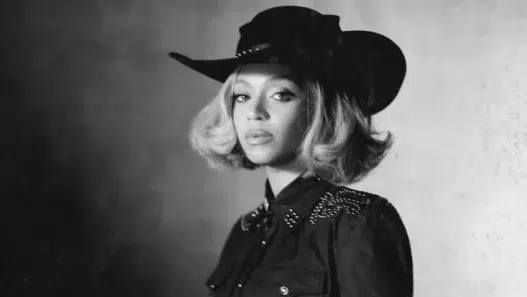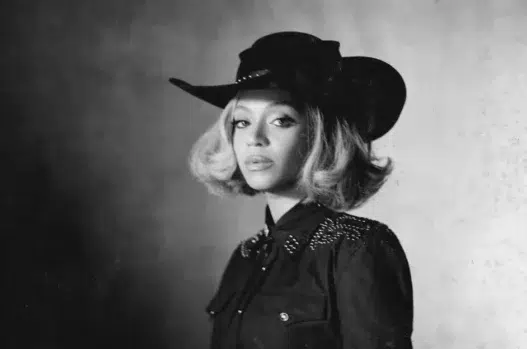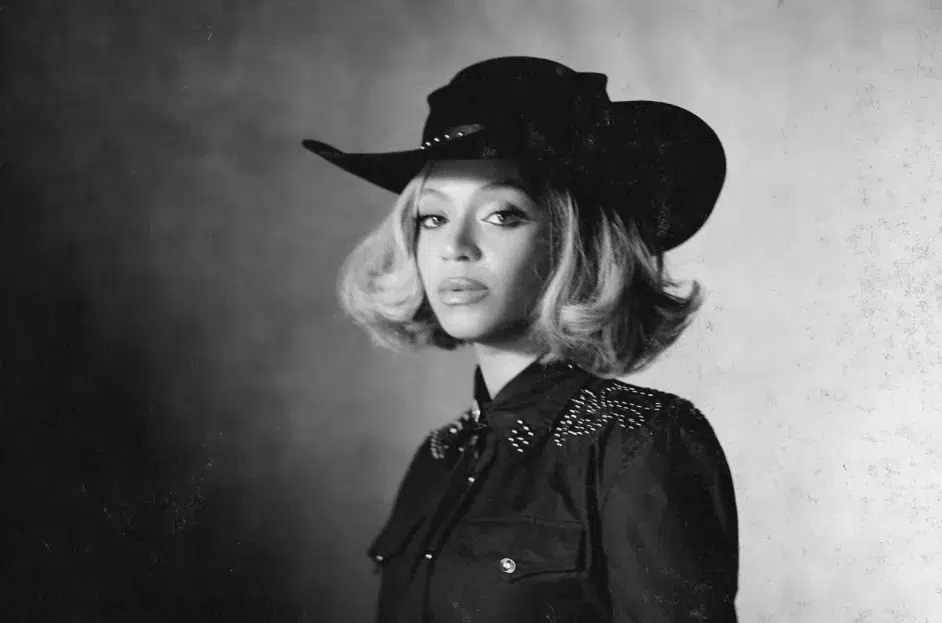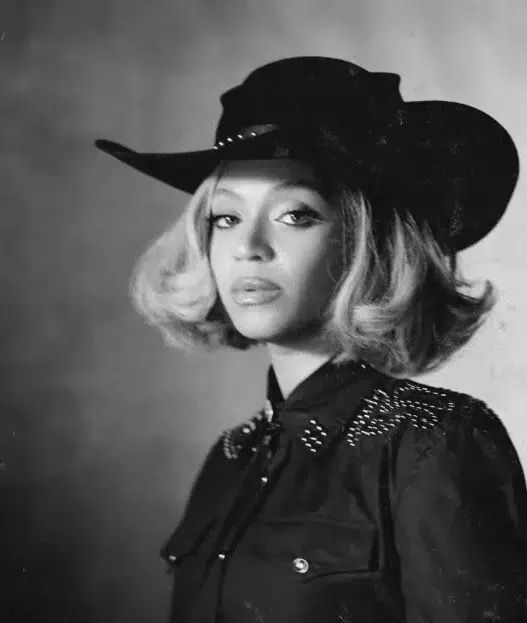The music industry is no stranger to reinvention, surprise, or a good old genre shuffle. Beyoncé, the iconic pop star, has recently turned the country music genre on its head with her latest chart-topping single, “Texas Hold’em.” The unexpected crossover has the world talking, not just about her ability to transcend genres, but also about the impact her move has had on the country music scene. The release of “Texas Hold’em” marked a significant moment in Beyoncé’s career that few saw coming. The single resonated with a blend of Southern charm while her B-Side, “16 Carriages,” offer more lyrical depth, and a touch of heartbreak, offering a fresh take on the country sound. But what was even more remarkable was how seamlessly she has integrated herself into an industry often resistant to outsiders.
For Beyoncé, the challenges of a genre shift come with its rewards. She has faced backlash from some staunch country fans, but she’s also garnered a new fan base within the genre. Her success story serves as a lesson in risk-taking and the importance of staying true to one’s creative vision, even in the face of uncertainty. Country music radio stations have also been grappling with the decision to play Beyoncé’s music, considering her roots in R&B and pop. However, with “Texas Hold’em” climbing the charts and dominating streaming platforms, many have embraced her presence, realizing that good music transcends labels.
“Texas Hold ‘Em” continues its reign atop the Billboard Hot 100 following a fierce competition with Kanye West and Ty Dolla $ign’s, “Carnival.” The single average another 25.5 Million in streams while radio airplay rose to 27.6 million in audience impressions. The single spends a third week at #1 in the UK while the album, act ii is set to be released on March 29. Beyoncé’s venture into country music signifies a broader trend in the industry – the dissolution of genre barriers. In an era where streaming has given listeners unprecedented control over their music, artists are freer than ever to experiment with different styles. This trend towards genre agnosticism could lead to an even more diverse and innovative musical landscape.






















